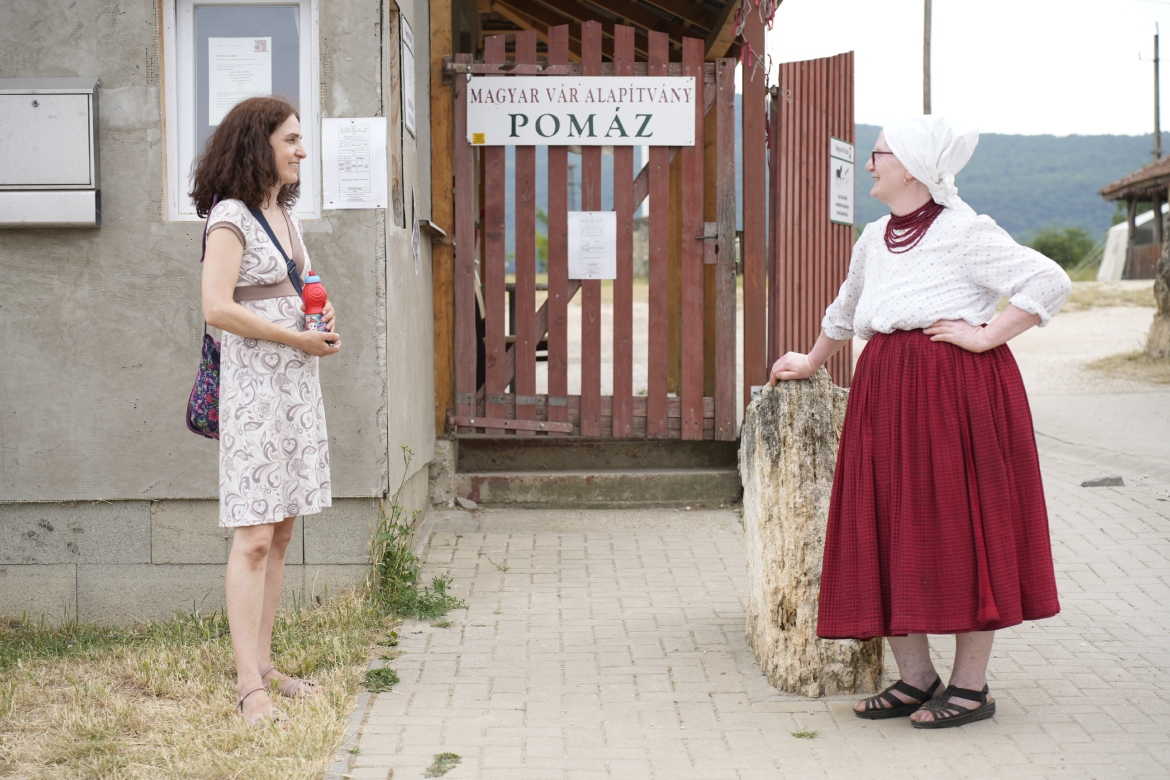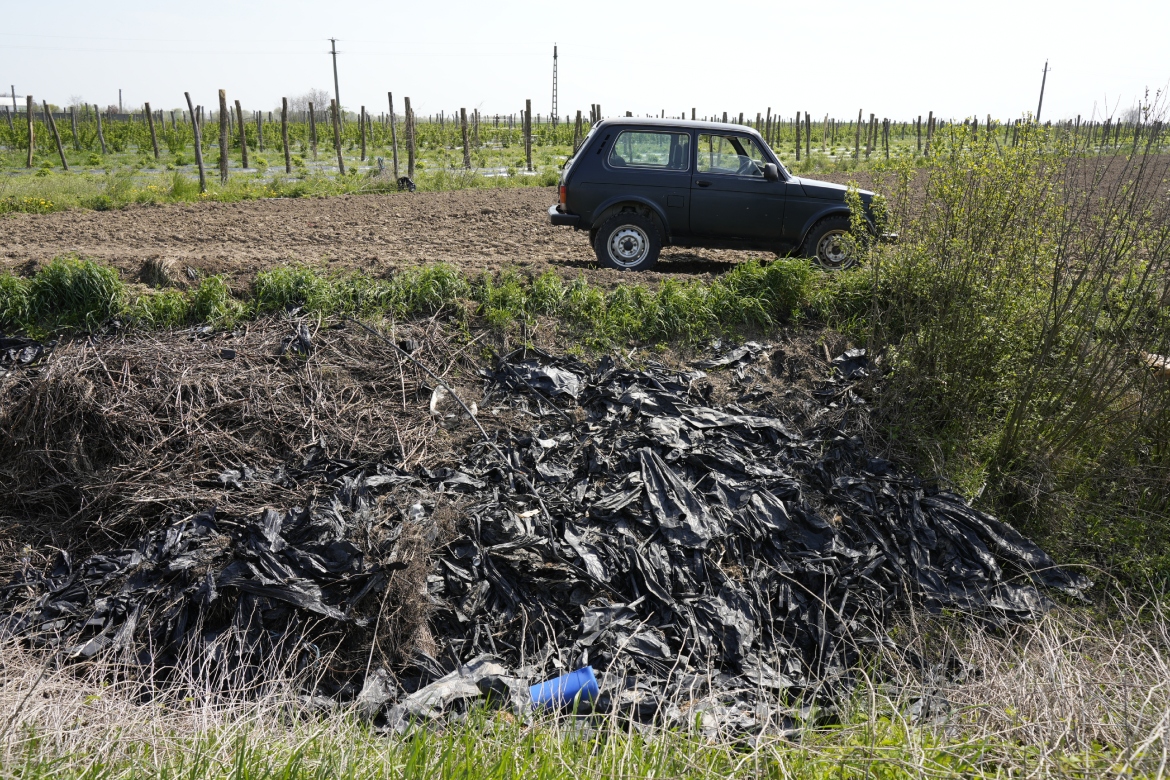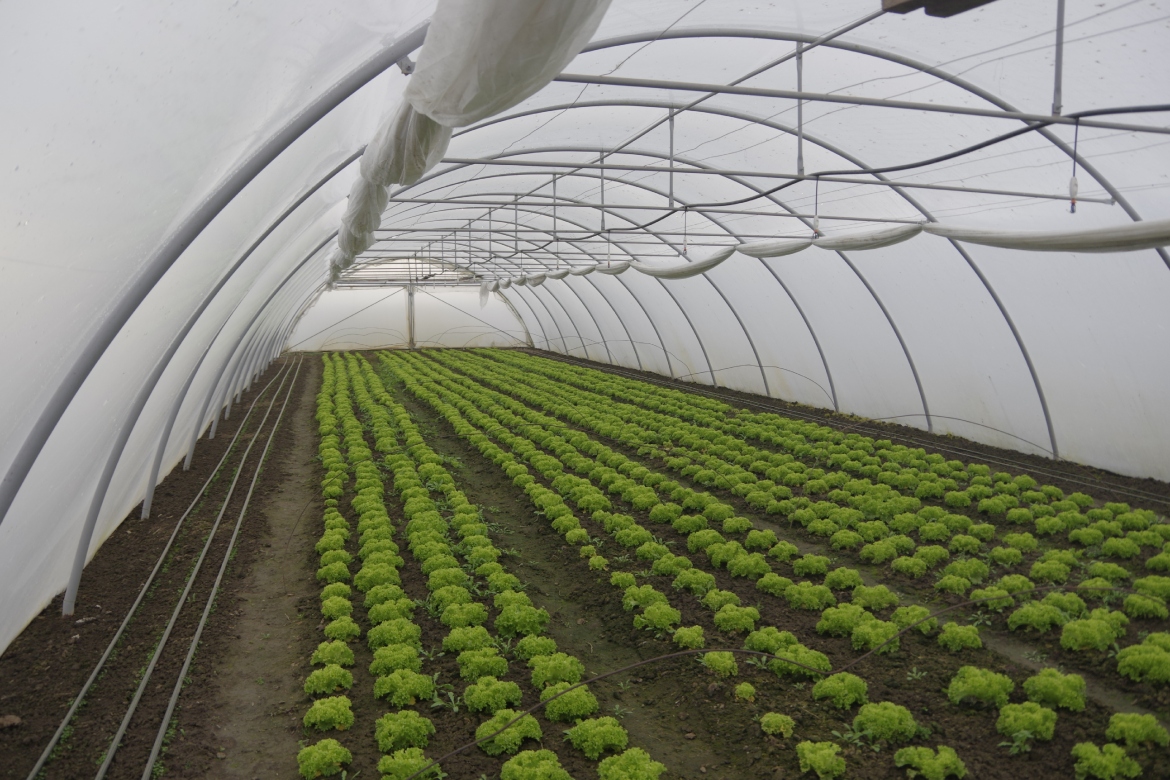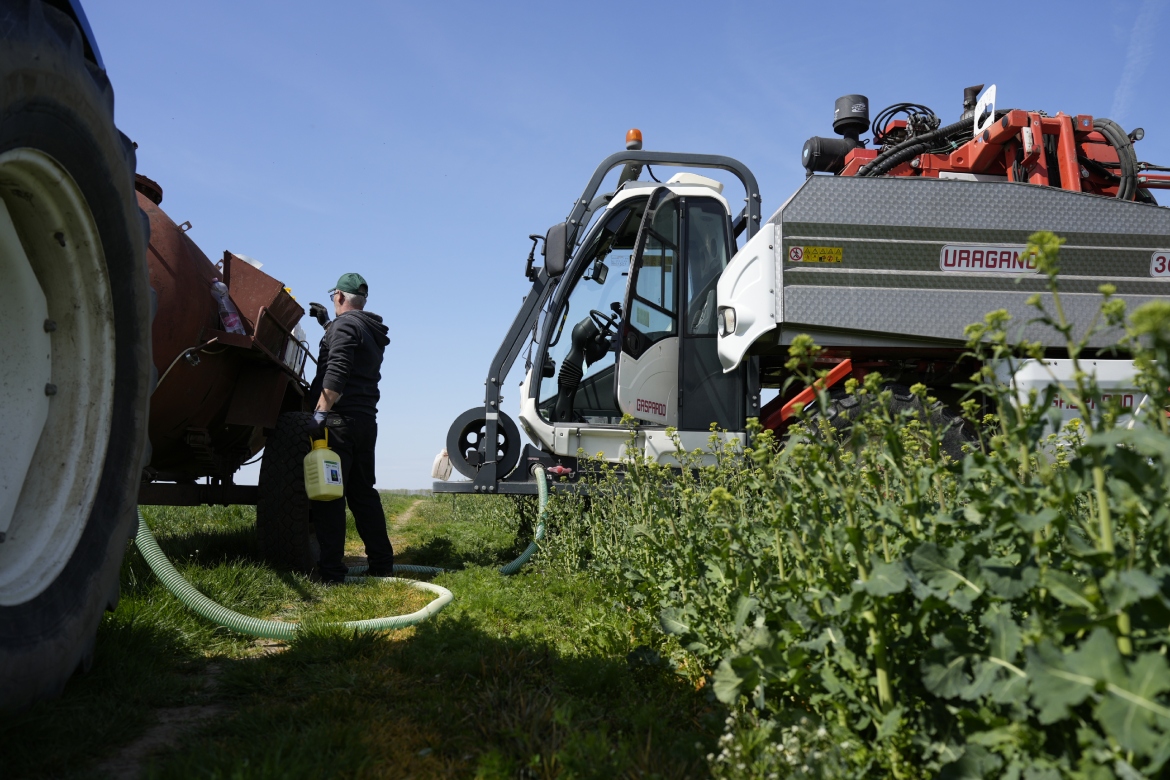- Title of the project: Economy and ethnicity. Agricultural associations as factors of social and economic resilience in Swabian villages in Satu Mare Region from the regime change to the present
- Duration of the project: Oktober 1, 2022 – September 30, 2025
- Principal investigator: Levente Szilágyi, Department of Social Anthropology, Institute of Ethnology, HUN-REN Research Centre for the Humanities
- Project type: OTKA Young Researcher Excellence Program
- Funding organization: National Research, Development and Innovation Office
- Project number: NKFI FK 143759
The economic transformation that followed the regime change in Romania led to the impoverishment of a significant part of society. The closure of industrial plants, which had received special attention in the planned economy but were unviable under market conditions, led to increased urban-rural migration, which resulted in the repopulation of the countryside, which had previously been depopulated precisely because of forced industrialization. However, farming by necessity and using pre-collectivization techniques, tools and practices was not a real way out of poverty. The immediate dismantling of agricultural cooperatives after the regime change forced the rural population across Transylvania to re-peasantize.

The characteristic feature of the Swabian villages in Satu Mare, where the research was conducted, is that they were able to effectively counteract the above-mentioned processes, and were much less vulnerable to macroeconomic processes. The research will attempt to identify and analyze ethnically determined economic practices, mainly through an analysis of the functioning and local roles of agricultural cooperatives. The successor organizations of the socialist agricultural cooperatives, now established on a voluntary basis, were, on the one hand, able to offset the impoverishment brought on by re-peasantization or forced pesantization during the long transitional period. On the other hand, they took advantage of their monopoly position to hinder the emergence of individual and family farmers.

The research seeks to answer the following questions: is there a link between the economy and ethnicity, and if so, how are they related, and what factors can be used to explore this link? Research methodology: 1. Ethnographic fieldwork: participant observation, interviews, filming, mapping of networks of connections. 2. Expert interviews. 3. Archival research. Expected results of the research: conference presentations in Hungarian and English; research articles in Hungarian and English; monograph in Hungarian; ethnographic documentary film.

The importance of social science research on European and global agriculture has been enhanced by climate and economic pressures. Research on the transformation of Romanian agriculture after the regime changes can nuance concepts such as food security or alternative food networks and provide a fresh, critical look at other global concepts in agricultural and development sciences.


